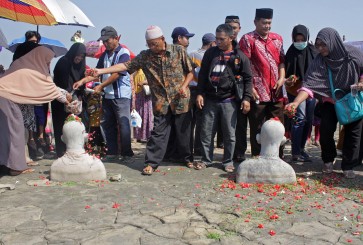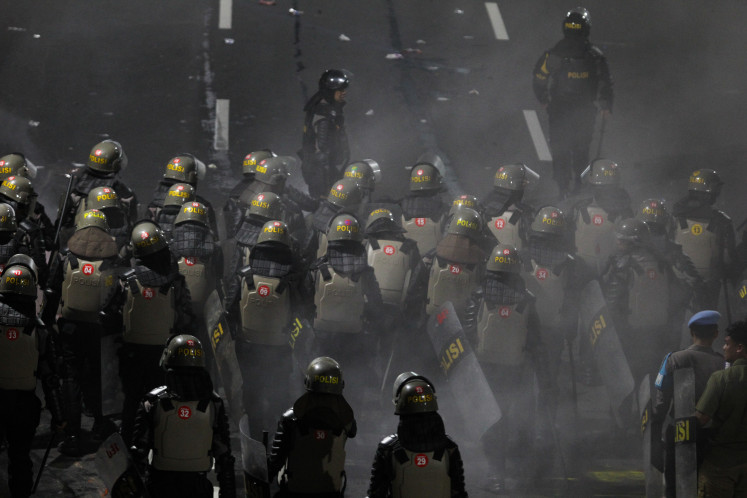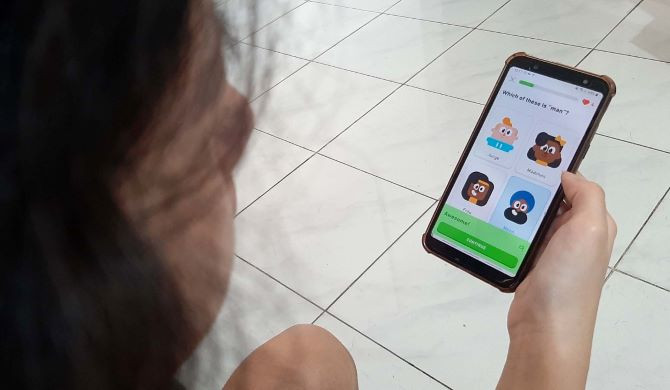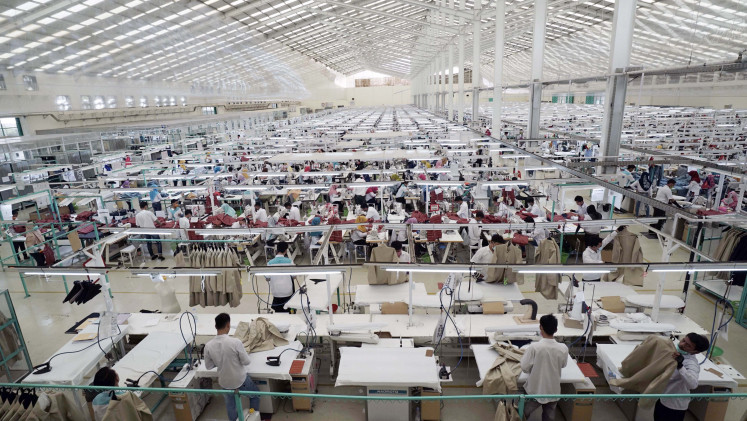21st Century Skills: Preparing Indonesian Youth for a Global Economy
Change text size
Gift Premium Articles
to Anyone
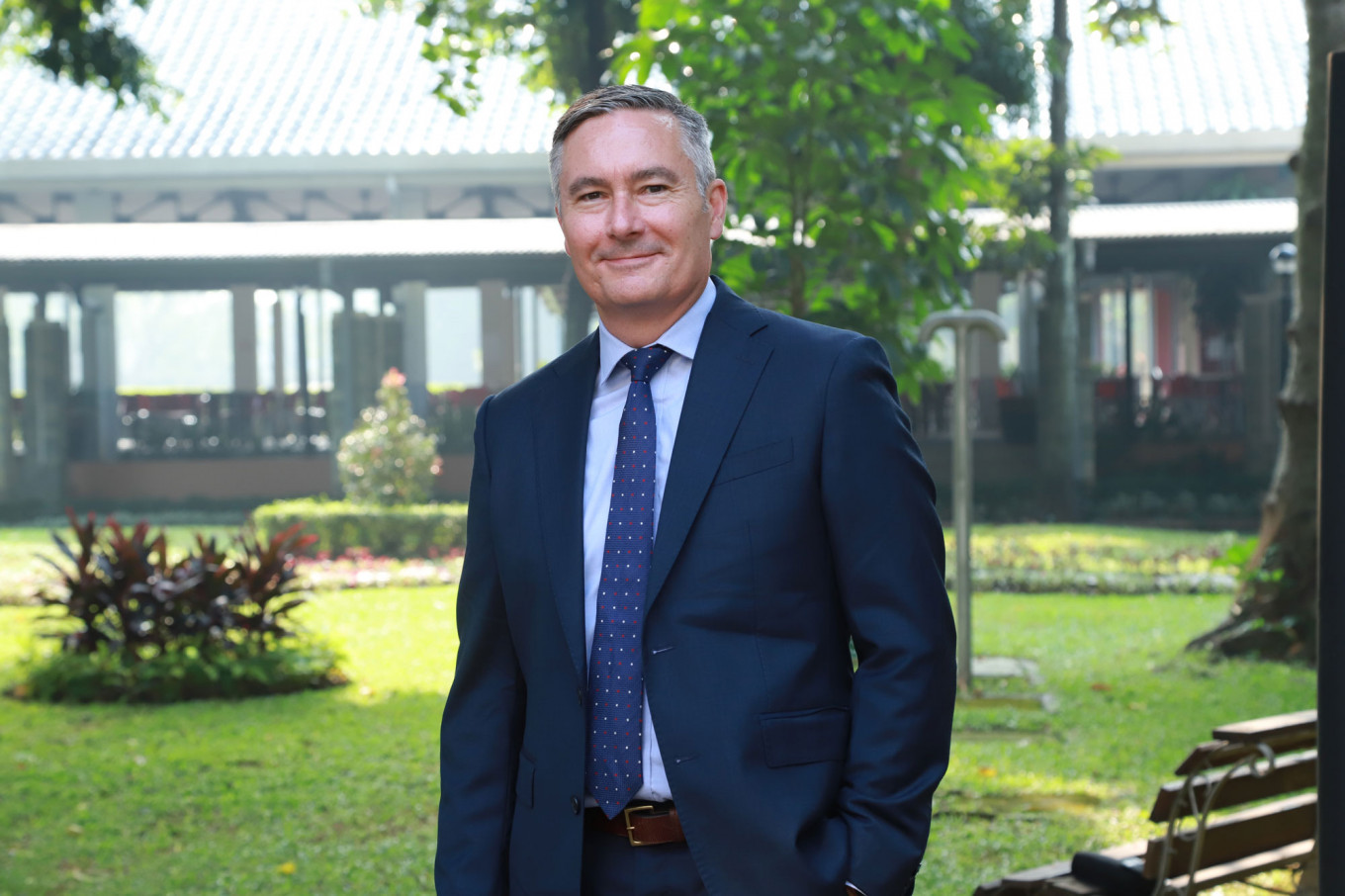
A
young nation with an eye to the future, Indonesia plans to become a high-income country by 2045 (Abdini, 2023). To achieve this transformation, the country recognizes that it must modify its economic structure, “from a resource based economy to a knowledge based economy,” (Abdini, 2023). At the same time, the World Economic Forum asserts that obstacles abound for employees preparing to enter the workforce since “businesses predict that 44% of workers’ core skills will be disrupted, because technology is moving faster than companies can design and scale up their training programmes,” (Masterson, 2023). Thus, for Indonesia to achieve its economic objectives, not only must the education of Indonesian students be a priority, but schools must focus on preparing students to thrive in a global economy. The recent National Association of Colleges and Employers survey reveals essential competencies required of new hires to be considered career ready including critical thinking, communication, teamwork, equity and inclusion, professionalism, technology, career and self-development, and leadership (Gray, 2021). Competencies otherwise defined as 21st century skills.
In traditional schools, where knowledge is disseminated by the teacher and answers are either right or wrong, an approach to teaching in which learning is co-constructed and answers are open ended runs counter to the established understanding of the conventional school environment. Thus, for students to successfully join the global economy, the traditional classroom experience must be transformed. Students must be prepared to enter a workforce in which problems possess open-ended solutions and the use of creative and critical thinking skills along with digital literacy propel a company forward. According to the Center for Assessment, “Creative thinkers are characterized by their sensitivity to problems, fluency of ideas, mental flexibility, divergent and convergent thinking skills,” additionally critical thinking, “requires convergent thinking by assessing the strength and appropriateness of each idea through questioning, analytic reasoning, and perspective-taking” (Brandt, 2023). Mastery of these skills prepares students to provide businesses with authentic solutions to future, unknown challenges.
The International Baccalaureate (IB) offers schools a robust pathway to achieve this outcome through a concept based, inquiry driven classroom experience that teaches students important skills, like communication, research, resilience, creativity, critical thinking, and digital literacy. Because the IB framework blends teaching of course content with 21st century skills, graduates of the IB are especially prepared for success upon leaving high school. For example, IB graduates are more likely to earn university acceptance than their non-IB counterparts, and IB students are more likely to graduate from university than their non-IB peers (Hillman, Edwards, & Clarke, 2024). Knowing that success in high school leads to success at the university level, which positions students to be leaders in the global economy, these data points highlight the effectiveness of the IB curriculum to prepare students for an open-ended future.
The ideas expressed in this article are those of the author and do not reflect the official stance of The Jakarta Post
About : Dr. Howard Menand, secondary principal at Global Jaya School, is an experienced international educator with 25 years of experience in education, nine years of which were in leading International Baccalaureate (IB) Schools. He has a master of education in school leadership and a PhD in curriculum and instruction.
In Collaboration with : Global Jaya School



